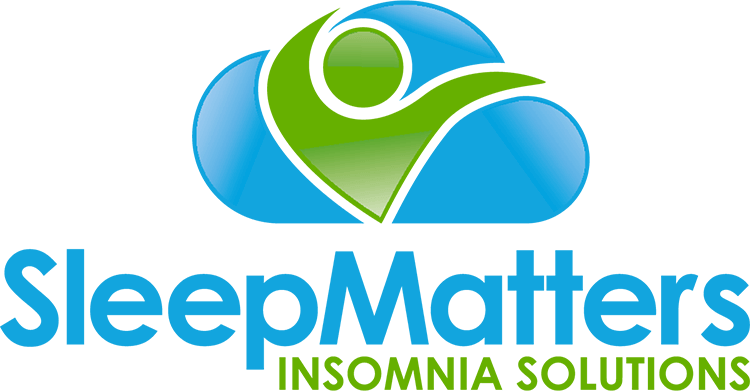Insomnia is a very common health problem, affecting 10% of the adult population, but it is often viewed as a symptom of another disorder rather than a condition warranting independent clinical intervention.
Further, the Diagnostic and Statistical Manual of Mental Disorders, Fifth Edition (DSM-5) recognised that the previous dichotomy of primary versus secondary insomnia does adequately describe the disorder. Indeed, DSM-5 suggests that ‘Insomnia Disorder’ should be coded “whenever diagnostic criteria are met whether or not there is a co-existing physical, mental or sleep disorder”.
Insomnia is far from being a benign condition, with high medical, psychological, social, occupational and economic burdens. For example untreated insomnia in the case of depression can increase risk of relapse. Treated insomnia in the context of depression can improve response to antidepressant medication, 1. Further, research has suggested that about half the incidence of depression at 1-year follow-up could have been prevented if the existing Insomnia had been addressed at baseline.
There is much evidence to suggest that Insomnia does not always resolve upon successful treatment of a comorbid condition, 2. Indeed, we know that unhelpful thoughts and behaviours exist in both stand-alone and comorbid Insomnia, and that these should be specifically addressed in order to optimise treatment outcomes. It is important to emphasise that, whereas Insomnia onset may be linked to an event or illness, chronic Insomnia is maintained by specific (psychological and behavioural) factors that are not addressed by treating the other condition.
Insomnia treatment
Peak professional bodies recommend Cognitive Behaviour Therapy CBT-I as the first line treatment for Insomnia. CBT-I has been repeatedly shown in clinical trials to be the most effective long-term treatment (compared to medication and other behavioural interventions).
The American College of Physicians published guidelines late in 2016 that recommend ALL adult patients with insomnia receive Cognitive Behaviour Therapy-Insomnia (CBT-I).
Our evidence supports this, and we note that:
- CBT-I is surprisingly cost effective – For straightforward cases 3-5, 60 minute consultations is common – Gap for patients on a mental health care plan = $65×4 = $260 out of pocket for the treatment.
- Insomnia and sleep problems are valid referrals under the Medicare Better Access scheme (mental health plans). Conditions covered by Mental Health Treatment Plans is informed by diagnoses in the ICD10 Diagnostic and Management for Mental and Disorders in Primary Care. Insomnia that occurs as part of another condition is eligible as well as Insomnia that occurs in isolation. ICD10 code F51.0 Sleeping Problems.
- CBT-I works well when combined with sleep medication, 2, 3. A short course of a sleeping medication can provide immediate relief and CBT-I brings about lasting benefit and the medication can be gradually withdrawn. At Sleep Matters, we often implement CBT-I in this context.
Suitability for CBT-I.
In general, patients experiencing one or more of the following for 3 or more months may be suitable:
- Difficulty falling asleep
- Difficulty returning to sleep after nocturnal awakenings
- Waking up not feeling refreshed
- Daytime fatigue and reduced functioning
- Worry about lack of sleep
- Low mood associated with sleep difficulties
The Insomnia Severity Index is a normed and validated, useful screening tool that is quick to administer.
We are happy to receive queries from GPs and other health professionals who are interested to hear if their patient might benefit from CBT-I.
Sleep Matters is a team of health professionals with specific training and experience in helping people with Insomnia.
For other posts on sleep, Insomnia and it’s treatment, have a look at the Sleep Matters Blog.
Please also see information about Sleep Matters and the treatment services we offer.
